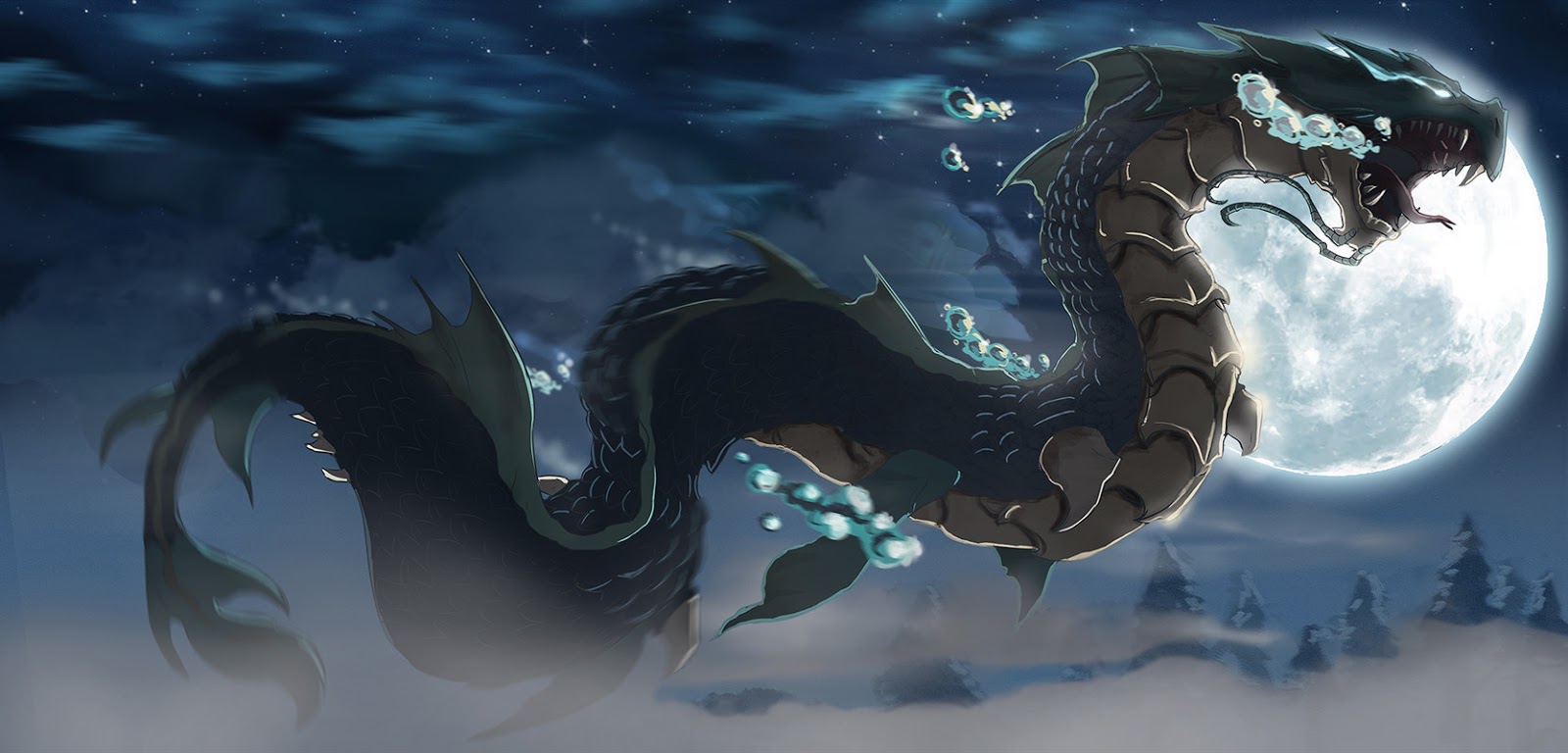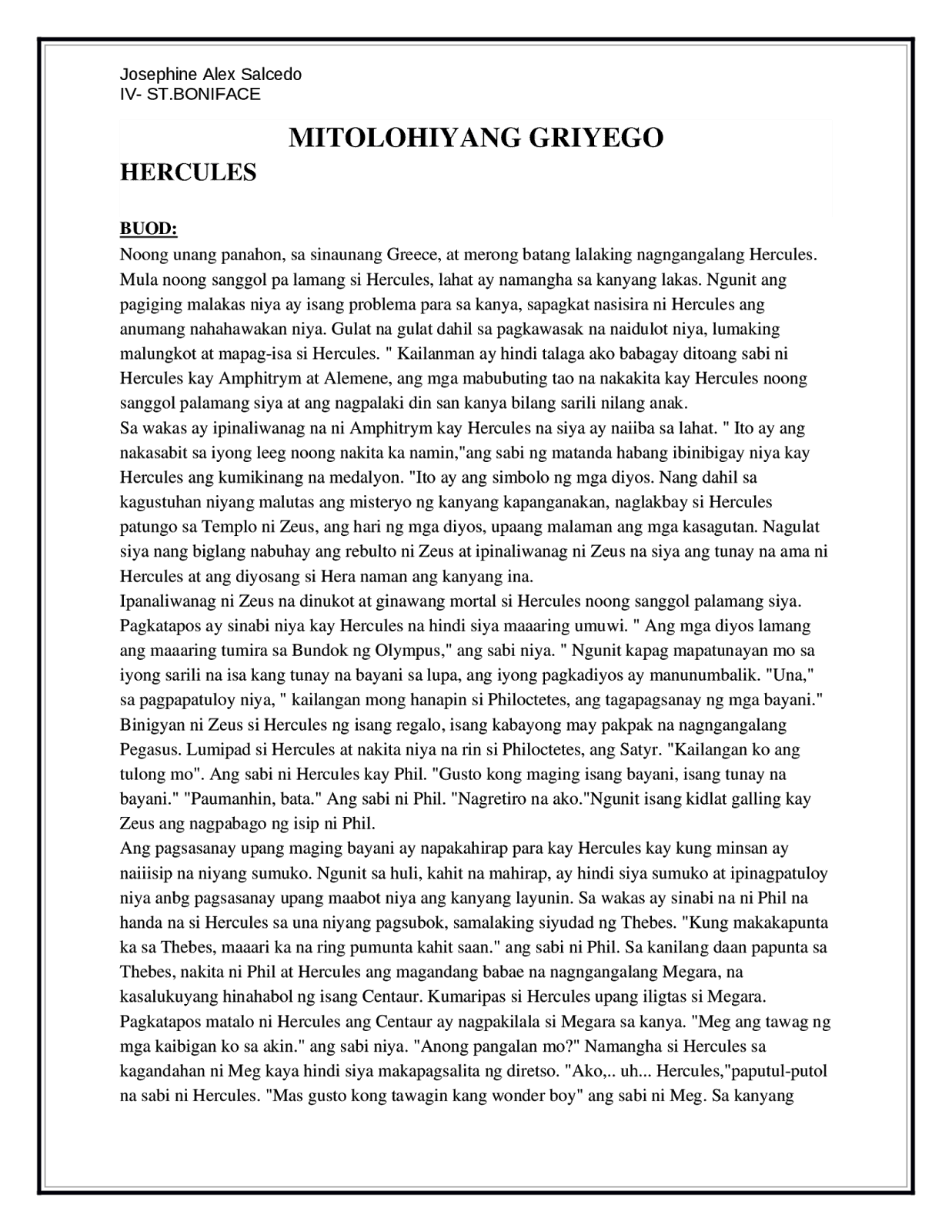Ever wonder where the Philippines' vibrant culture gets its mystical edge? Look no further than its rich mythology. These aren't just dusty old stories; they're living narratives woven into the fabric of Filipino identity, whispering secrets of ancient beliefs and shaping modern perspectives. Prepare to be enchanted by five captivating examples of Philippine mythology that offer a glimpse into a world of gods, goddesses, and fantastical creatures.
Philippine mythology isn't just a collection of tales; it's a window into the soul of the Filipino people. These stories, passed down through generations, offer a unique perspective on the country's pre-colonial beliefs, reflecting a deep connection to nature, a reverence for spirits, and a complex understanding of the world around them. So, what are five prime examples that showcase the magic of Philippine mythology? We'll be delving into captivating narratives like the creation myth featuring the bird and the sea turtle, the tale of Maria Makiling, the enchanting story of the Bakunawa, the legend of the Tikbalang, and the intriguing story of the Diwata.
These five examples represent just a fraction of the vast tapestry of Philippine mythological narratives. They illustrate the diversity of these stories, ranging from creation myths to explanations of natural phenomena, and reflecting the diverse cultures and beliefs across the archipelago. Studying these narratives provides valuable insights into the origins of Filipino traditions, rituals, and even social structures.
The importance of Philippine mythology extends beyond academic curiosity. These stories continue to play a vital role in contemporary Filipino culture, influencing art, literature, and even everyday expressions. They offer a sense of shared heritage, connecting Filipinos to their ancestral past and providing a framework for understanding their place in the world. Preserving and understanding these narratives is crucial for maintaining cultural identity in an increasingly globalized world.
One of the main issues surrounding Philippine mythology is the challenge of accurate preservation and documentation. Many stories exist only in oral tradition, varying slightly between regions and families. The influence of colonization and the spread of Christianity also impacted the transmission of these stories, leading to the loss or adaptation of some narratives. Efforts are underway to collect and document these stories, ensuring they remain accessible to future generations and contribute to a deeper understanding of Filipino heritage.
Maria Makiling, for instance, is an environmental diwata often associated with Mount Makiling. She’s known as a protector of the mountain’s flora and fauna. The Bakunawa, a serpentine sea creature, is believed to cause eclipses by swallowing the moon. The Tikbalang, a half-human, half-horse creature, is often portrayed as a trickster figure in forests. Diwata are nature spirits, often depicted as beautiful maidens, who play various roles in maintaining the balance of nature.
One benefit of understanding these narratives is a deeper appreciation for Filipino culture and values. These stories often embed moral lessons and insights into traditional Filipino ways of life. Furthermore, exploring Philippine mythology fosters creativity and imagination. The rich imagery and fantastical elements inspire artists, writers, and storytellers. Finally, studying these myths promotes cultural preservation, ensuring these stories continue to be shared and appreciated for generations to come.
Advantages and Disadvantages of Studying Philippine Mythology
| Advantages | Disadvantages |
|---|---|
| Deeper understanding of Filipino culture | Difficulty in finding reliable and comprehensive sources |
| Increased appreciation for oral tradition | Potential misinterpretations due to variations in narratives |
| Enhanced creativity and imagination | Risk of oversimplification or romanticization of complex beliefs |
Frequently Asked Questions:
1. What is the role of mythology in Filipino culture? - Mythology shapes cultural identity and values.
2. Are these myths still relevant today? - Yes, they influence art, literature, and everyday expressions.
3. How are these stories preserved? - Through oral tradition and increasingly through documentation efforts.
4. What are some common themes in Philippine mythology? - Respect for nature, reverence for spirits, and the importance of community.
5. How can I learn more about these myths? - Research online, read books on Philippine folklore, and talk to elders in Filipino communities.
6. What is the significance of the Bakunawa? - It explains eclipses and represents the power of nature.
7. What is a Diwata? - A nature spirit, often portrayed as a beautiful maiden, associated with specific natural elements.
8. Why is Maria Makiling important? - She represents the importance of environmental protection and respect for nature.
One tip for exploring Philippine mythology is to look beyond the surface level of the stories. Consider the symbolism, the underlying messages, and the cultural context in which they were created. This deeper understanding will enrich your appreciation for the narratives and their significance.
In conclusion, exploring five examples of Philippine mythology, like the creation myth, Maria Makiling, the Bakunawa, the Tikbalang, and the Diwata, provides a captivating journey into the heart of Filipino culture. These stories offer valuable insights into the history, beliefs, and values of the Filipino people, shaping their identity and inspiring creativity. By understanding and appreciating these narratives, we contribute to the preservation of a rich cultural heritage and gain a deeper understanding of the world around us. Dive into the enchanting world of Philippine mythology and uncover the magic within. Start by researching online, visiting museums, or talking to members of the Filipino community. Let these captivating stories spark your imagination and connect you to a vibrant cultural legacy.
Ace your form 3 science chapter 7 with engaging quizzes
Austins rav4 gold rush finding your perfect ride
The art of saying letak jawatan in english a guide to resignation
mitolohiya halimbawa halimbawa ng kwentong mitolohiyang griyego - Khao Tick On
Mga Halimbawa Ng Kwentong Mitolohiya Sa Pilipinas Buod Mobile Legends - Khao Tick On
Mga Halimbawa Ng Kwentong Mitolohiya - Khao Tick On
Pin on for tutor - Khao Tick On
Maikling Kwentong Mitolohiya Buod Maikling Kwentong - Khao Tick On
Kwentong Mitolohiya Ng Diyos At Diyosa - Khao Tick On
Ang Alamat ng Pilipinas ayon sa Mitolohiya Storyboard - Khao Tick On
5 halimbawa ng mitolohiya sa pilipinas - Khao Tick On
Mga Halimbawa Ng Kwentong Mitolohiya Sa Pilipinas Buod Mobile Legends - Khao Tick On
5 halimbawa ng mitolohiya sa pilipinas - Khao Tick On
Week 2 Ap 5 Mga Teorya Ng Pinagmulan Ng Pilipinas Part 2 Youtube - Khao Tick On
5 halimbawa ng mitolohiya sa pilipinas - Khao Tick On
Halimbawa Ng Mitolohiya Sa Pilipinas 10 Halimbawa - Khao Tick On
Ano ano ang mga kilalang - Khao Tick On













